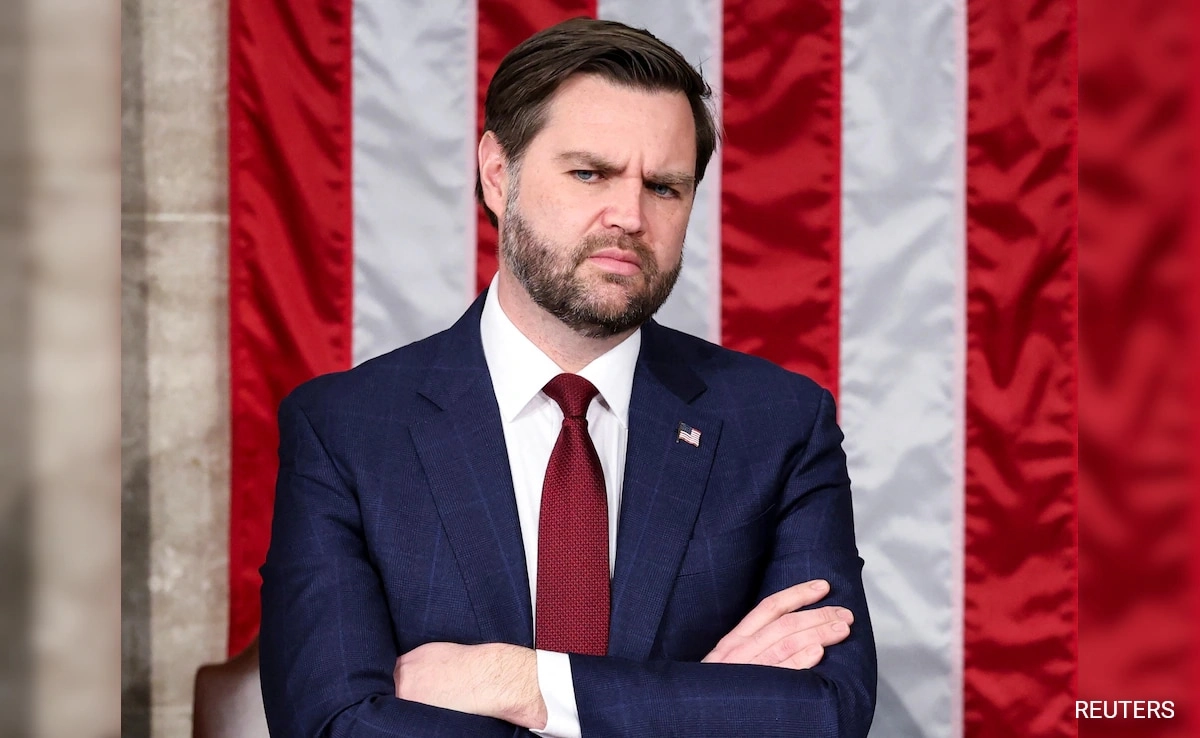In a recent statement, U.S. Senator JD Vance emphasized the urgency for a peace agreement between Russia and Ukraine, asserting that the United States would consider “walking away” from its current level of involvement in the conflict if a resolution is not reached. Vance’s comments highlight a growing sentiment among some American policymakers who believe that continued support for Ukraine must come with a clear path toward peace. The ongoing war, which has resulted in significant loss of life and economic disruption, has prompted calls for a reassessment of U.S. foreign policy priorities, particularly as domestic issues also demand attention.
Vance’s remarks come at a time when the Biden administration is facing increasing pressure to define its long-term strategy in the region. While the U.S. has provided substantial military and economic assistance to Ukraine since the onset of the conflict, questions are being raised about the effectiveness of this support and whether it is leading to a sustainable resolution. The senator’s suggestion that the U.S. might “walk away” indicates a shift toward a more transactional approach to foreign aid, where American support could be contingent on tangible outcomes, such as a negotiated peace between the warring nations.
The implications of such a stance are significant, as it could reshape the dynamics of international alliances and influence the ongoing negotiations between Russia and Ukraine. Vance’s perspective reflects a broader debate within the U.S. about the balance between supporting allies and addressing domestic priorities. As the conflict drags on, the potential for war fatigue among the American public looms large, which could further complicate the U.S. government’s ability to maintain its current level of engagement in the conflict. Ultimately, the resolution of this crisis will depend not only on the negotiations between Russia and Ukraine but also on the willingness of the U.S. to continue its involvement in the absence of progress toward peace.




